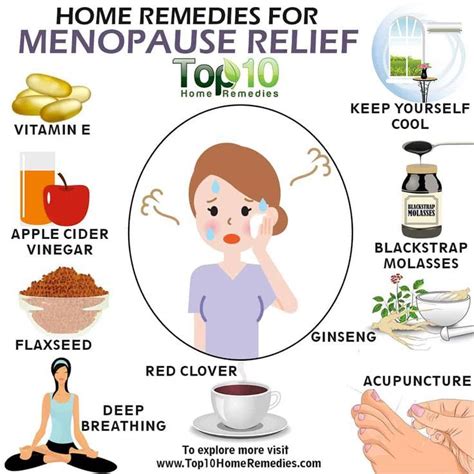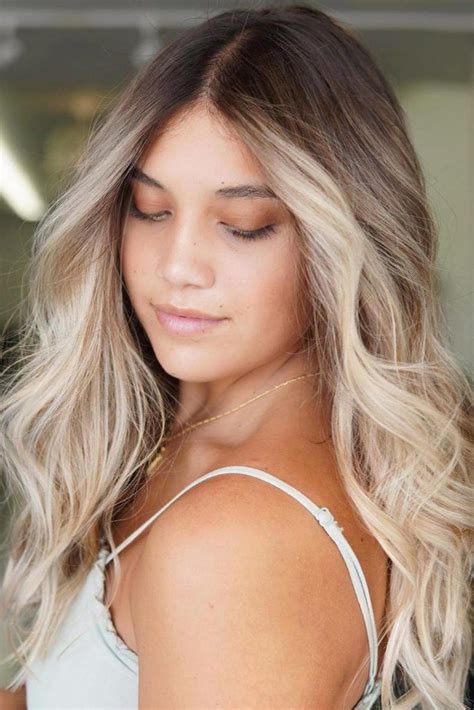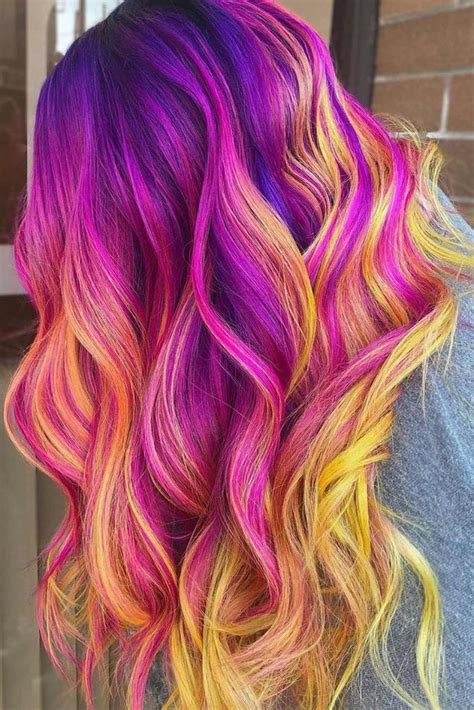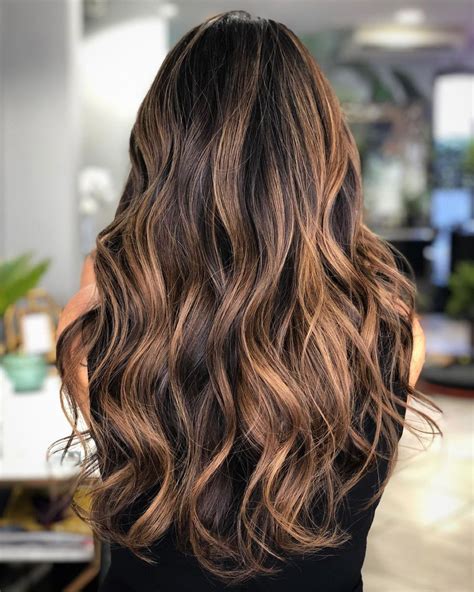Discover the impact of hormonal changes on menopausal hair loss, natural remedies for regrowth, healthy diet, supplements, and professional treatments and therapies.
Understanding Menopausal Hair Loss
Contents
Menopause is a natural biological process that every woman experiences as they reach middle age. One common symptom of menopause is hair loss, which can be distressing for many women. Menopausal hair loss is primarily caused by hormonal changes in the body, particularly a decrease in estrogen levels. Estrogen plays a crucial role in promoting hair growth and maintaining the health of the hair follicles. As estrogen levels decline during menopause, hair may become thinner, weaker, and more prone to shedding.
Aside from hormonal changes, menopausal hair loss can also be influenced by genetic factors, stress, and overall health. Genetics can contribute to a woman’s predisposition to hair loss, while high stress levels can exacerbate the condition. Additionally, maintaining a healthy diet and lifestyle can help support hair growth and minimize the impact of menopausal hair loss. Nutrient-rich foods, regular exercise, and adequate sleep can all contribute to overall well-being, which can have a positive effect on the health of the hair.
When it comes to addressing menopausal hair loss, there are several natural remedies that women can explore to promote hair regrowth. These remedies may include the use of natural oils, such as coconut oil or castor oil, to nourish the scalp and strengthen the hair. Massaging the scalp with essential oils like rosemary or peppermint can also stimulate hair follicles and improve circulation to the scalp, promoting healthier hair growth.
For women looking for professional treatments and therapies to combat menopausal hair loss, there are options such as laser therapy, PRP (platelet-rich plasma) treatments, and scalp microneedling. These treatments aim to stimulate hair follicles and encourage regrowth, offering a non-invasive approach to managing menopausal hair loss. It’s important for women experiencing menopausal hair loss to consult with a healthcare professional or a dermatologist to explore the most suitable treatment options for their individual needs.
In conclusion, understanding the impact of hormonal changes on menopausal hair loss is essential for women going through this stage of life. Embracing natural remedies for hair regrowth, maintaining a healthy diet and lifestyle, and considering professional treatments and therapies can all contribute to effectively addressing menopausal hair loss. By taking a comprehensive approach to managing this condition, women can feel empowered to maintain the health and vitality of their hair during menopause.
Impact of Hormonal Changes
As women age, they experience various hormonal changes that can have a significant impact on their hair health. Hormones such as estrogen and progesterone play a crucial role in maintaining healthy hair growth. When these hormones fluctuate during menopause, it can lead to thinning, dryness, and overall hair loss. The impact of hormonal changes on hair health cannot be overlooked, and it’s essential to address these changes to prevent further damage.
During menopause, the decrease in estrogen levels can cause hair to become thinner and more prone to breakage. Additionally, the increase in androgen hormones can lead to hair loss, particularly at the crown of the head. These hormonal changes can be distressing for many women, but there are natural remedies that can help combat these effects and promote healthy hair growth.
In addition to menopause, other hormonal imbalances such as thyroid disorders and polycystic ovary syndrome (PCOS) can also contribute to hair loss. These conditions can disrupt the normal hormone levels in the body, leading to hair thinning and shedding. Understanding the impact of hormonal changes on hair health is the first step in finding effective solutions to address these concerns.
One of the most effective natural remedies for combatting the impact of hormonal changes on hair loss is incorporating a balanced diet and supplements that promote hair growth. Foods rich in vitamins and minerals such as biotin, iron, and omega-3 fatty acids can help support healthy hair follicles and prevent further loss. Additionally, herbal supplements such as saw palmetto and black cohosh can help regulate hormone levels and promote hair regrowth.
It’s important to consult with a healthcare professional to determine the underlying cause of hormonal imbalances and hair loss. Depending on the severity of the impact of hormonal changes, professional treatments and therapies such as hormone replacement therapy (HRT) or topical solutions may be recommended to address these concerns.
Natural Remedies for Hair Regrowth
As women go through menopause, they often experience changes in their hair, including thinning and hair loss. Fortunately, there are several natural remedies that can help promote hair regrowth during this time. One effective method is massaging the scalp with essential oils such as rosemary, cedarwood, and peppermint. These oils have been shown to stimulate hair follicles and promote new hair growth. Additionally, taking supplements such as biotin, vitamin D, and iron can help nourish the hair and support healthy growth.
Another natural remedy for hair regrowth is using aloe vera gel. Aloe vera contains enzymes that can help repair dead skin cells on the scalp and promote hair growth. Applying aloe vera gel directly to the scalp and massaging it in can improve blood circulation and stimulate hair follicles. In addition to aloe vera, incorporating protein-rich foods such as eggs, lean meats, and legumes into your diet can provide the necessary nutrients to support healthy hair growth.
Furthermore, herbal supplements like saw palmetto and ginseng have been found to have positive effects on hair regrowth. Saw palmetto works by blocking the formation of dihydrotestosterone (DHT), a hormone that contributes to hair loss, while ginseng can stimulate hair follicles and promote new growth. These natural remedies can be incorporated into daily routines to help combat menopausal hair loss and promote thicker, healthier hair.
In conclusion, women experiencing menopausal hair loss can turn to natural remedies to promote hair regrowth. Whether it’s using essential oils, aloe vera gel, or incorporating specific supplements and herbs into their diet, there are several natural approaches to combatting hair thinning and loss. By integrating these remedies into their daily routines, women can support the health and growth of their hair during menopause.
Healthy Diet and Supplements
When it comes to combating menopausal hair loss, it’s important to focus not just on external treatments, but also on internal factors. A healthy diet plays a crucial role in maintaining overall hair health, and can also help in preventing hair loss during menopause.
Key nutrients for hair growth include protein, iron, vitamin C, and beta-carotene. Protein is essential for building hair follicles, while iron helps with oxygenation and circulation to the scalp. Vitamin C is important for collagen production, and beta-carotene is a precursor to vitamin A, which helps the scalp produce sebum to moisturize the hair.
A balanced diet that includes a variety of fruits, vegetables, whole grains, and lean proteins is key to getting the necessary nutrients for hair health. Additionally, certain supplements can be beneficial in supporting hair growth during menopause. Biotin, vitamin D, and omega-3 fatty acids are commonly recommended for their potential to improve hair health and growth.
It’s important to consult with a healthcare professional before starting any new supplements, as they can interact with medications or have potential side effects. However, for many women, a balanced diet combined with these supplements can have a positive impact on menopausal hair loss.
Professional Treatments and Therapies
When it comes to addressing menopausal hair loss, there are a variety of professional treatments and therapies that can help to promote hair regrowth and improve the overall health of your hair. One option is low-level laser therapy, which involves using a device that emits low levels of light to stimulate hair follicles and promote growth. This treatment is non-invasive and can be done in a clinical setting or even at home with the use of a laser cap.
Another professional treatment option is platelet-rich plasma (PRP) therapy, which involves injecting a concentration of your own platelets into the scalp to stimulate hair growth. This treatment has shown promising results in improving hair density and thickness in menopausal women experiencing hair loss.
Additionally, there are prescription medications such as minoxidil and finasteride that have been approved by the FDA for the treatment of hair loss. These medications work to stimulate hair growth and prevent further hair loss, and they can be prescribed by a healthcare professional to address menopausal hair loss.
Finally, seeking the guidance of a hair restoration specialist or dermatologist can provide you with access to other professional therapies such as hair transplants or scalp micropigmentation, which can help to restore a fuller, more youthful-looking hairline.











